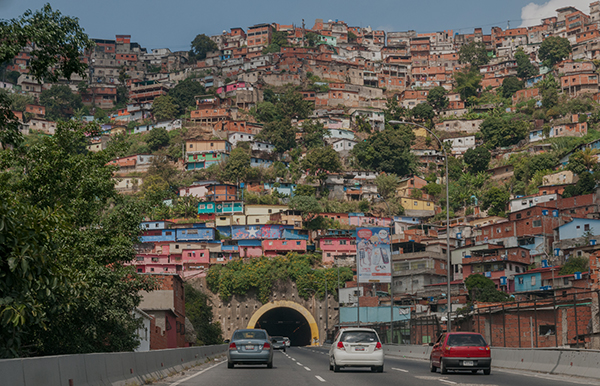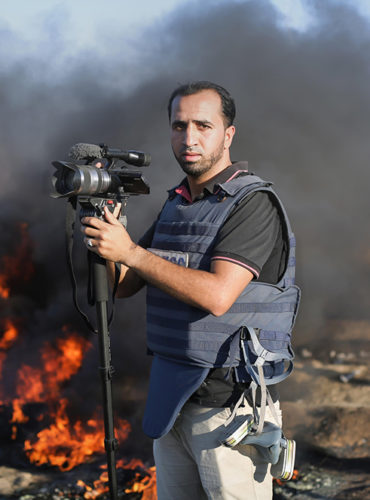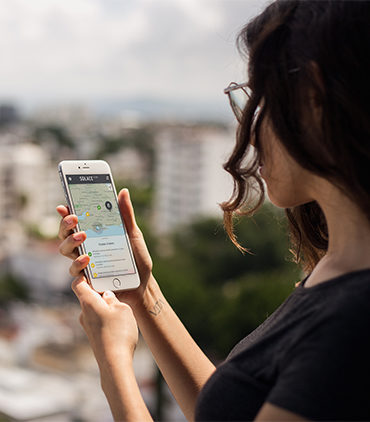Evacuations from High-Risk Locations Call +44 (0)1202 308810 or Contact Us →
Security Concerns for Carnival Celebrations in Rio de Janeiro – Travel Advisory

1 February 2018
Key Points
- Carnival is celebrated across the world and marks a final major party before the Christian festival of Lent. Carnival is especially popular in the Americas.
- Crime rates spike in the lead up to, and during, Carnival festivities, particularly across Central and South America.
- The largest celebrations occur in Rio de Janeiro, Brazil, where the deployment of federal troops has been requested by local authorities.
- In Rio de Janeiro, the 2018 Carnival begins on 09 February and ends on 14 February, the day Lent begins.
Situational Summary
Travel Information
Carnival is one of the most important dates on the social calendar for many countries in Central and South America (but also in many other countries with large Catholic populations around the world). Carnival is the last party before the Christian festival of Lent, which is a solemn time and closely associated with fasting. The largest, and most famous, celebrations occur in Rio de Janeiro in Brazil. The 2018 celebrations in Rio de Janeiro begin on 09 February and end with the beginning of Lent, 14 February, though there will be smaller events before this period. Brazil’s second largest city is expecting to receive over six million visitors, including around 1.5 million from abroad, specifically for Carnival festivities.
About Solace Global
Solace Global is a leading international risk management company specialising in providing comprehensive security solutions for businesses, organisations, and individuals operating in complex and high-risk environments. With a global presence and a team of experienced security professionals, Solace Global offers a range of services, including risk assessments, crisis management, travel security, and intelligence analysis.
Solace Global Comment
Security in Rio
Security is a major concern across Brazil. Rio de Janeiro suffers from high levels of crime and violence year-round, with an average of three murders a day in the city. The yearly Carnival drives crime rates up due to increased opportunities for opportunistic crime. A heightened security presence is put in place to help mitigate these threats, but due to the large volume of people, the Carnival is difficult to police effectively. In 2017, the federal government deployed around 9,000 soldiers to Rio de Janeiro for the Carnival period. It has been confirmed authorities in Rio de Janeiro have requested federal assistance this year while 3,400 private security agents will be deployed to aid police for the first time.
The past year has seen a series of notable criminal activities in Rio de Janeiro. In the shanty town (favela) of Rocinha, for example, the army was called in to restore order following extensive violence between police and criminal gangs that led to the closure of schools, businesses, and roads. In August 2017, a British tourist suffered non-fatal gunshot wounds after she unintentionally drove into a favela. In October 2017, police shot dead a Spanish tourist when the car she was in failed to stop at a roadblock in an area close to a favela. Police officers are often the targets of attack. In 2016, 437 officers were murdered, while 4,224 people were killed by police officers.
Authorities in Rio de Janeiro have been criticised by some commentators as pre-Carnival events have begun without a definitive security plan in place to protect revellers. Critics have pointed to the death of a waiter who was killed on 27 January, after being caught in a shootout between security forces and criminals fleeing in three stolen cars. The incident caused partygoers who were in the area to flee in panic, fortunately none were killed.
Yellow Fever
Warnings have been issued for yellow fever in preparation for Carnival celebrations. As of 30 January, Brazil’s Health Ministry has confirmed 213 cases of yellow fever countrywide with 81 deaths in the current outbreak. That’s fewer than the confirmed cases during the same period in the last outbreak (468 cases and 147 deaths), which was unexpectedly large. Brazil is vaccinating more than 20 million against yellow fever in a huge campaign to control this outbreak; in Rio de Janeiro state alone more than 8 million have been vaccinated.
Yellow fever is found in most of sub-Saharan Africa, most of South America, parts of Central America, and parts of the Caribbean. The first symptoms of yellow fever usually develop three to six days after being infected. It is spread by mosquito bites, but it cannot be contracted from close contact with someone who has it.
Symptoms include: a high temperature, a headache, feeling sick or vomiting, muscle pain and backache, your eyes being sensitive to light, and loss of appetite and feeling generally unwell. A few people go on to get more serious symptoms, such as: yellowing of the skin and eyes (jaundice), bleeding from the mouth, nose or eyes, and vomiting blood or blood in stool. Most people make a full recovery after three or four days but up to half of those who get these symptoms die.
The Political Carnival?
This Carnival season is set to be politically-charged, due to political instability in Brazil and unpopular global leaders, continuing the trend from 2017. Protests occur regularly in cities across Brazil including Rio de Janeiro. They can occur with little to no warning and have the potential to turn violent and change very quickly. Tensions are already high in Brazil following the impeachment of President Dilma Rouseff in early 2016 and her replacement by the deeply unpopular and controversial President Michael Temer. Many continue to see this as a political coup. Many Brazilians felt that the 2016 Rio Olympics did little to benefit everyday Brazilians and Brazil’s austerity package approved by the senate in December 2016 remains deeply unpopular. 2018 is also a presidential election year in Brazil. Brazil’s former president Luiz Inacio Lula da Silva (Lula) remains the most popular presidential candidate, even as a conviction on corruption charges will likely bar him from the race. However, more than half of those asked in a recent poll stated they would not vote for a candidate backed by Lula.
The Brazilian public has shown disenchantment with the political classes who have been hit by a series of corruption scandals since 2014. So much so that nearly a third of voters polled stated that they would not be voting in 2018. This disenchantment may spill over into popular protest.
Security Advice
Travellers should be aware of the increased security presence in the state of Rio de Janeiro, especially in the capital, and expect excessive travel delays in the Carnival period. If travelling within country, it is vital that travellers adhere fully to the instructions of security forces; opposition may result in an aggressive response. It is recommended that any protests are avoided. Recent history has shown that police will use forceful measures against demonstrators. Political gatherings may initially seem peaceful but can escalate quickly to violence.
Travellers are advised to maintain a heightened level of situational awareness when attending the Carnival, especially when in large crowds. Travellers are advised to not display valuables or wear expensive clothing, in order to avoid being targeted by criminals for robbery or pickpocketing. Criminals in Brazil are known to target those in possession of high value items or perceived to have high levels of wealth, particularly those who appear to be easy targets.
Health authorities in Brazil are urging Carnival visitors to avoid heading out of cities for sightseeing at waterfalls and forests where yellow fever has been detected. Authorities have advised travellers to stay within the cities. The World Health Organization has also suggested that visitors to Rio get vaccinated for the disease. Travellers should also use mosquito nets, wear clothes that cover arms and legs, and use insect repellent containing 50 per cent or more DEET.
For most travel to Brazil, including Rio de Janeiro, Solace Global would advised clients to employ the minimum of an airport meet and greet and a locally-vetted driver for all travel. It is advisable that this level of security is increased for other areas of the country, including the less secure rural areas. Travellers are also advised to use travel-tracking technology with an intelligence feed. This should enable a traveller to be alerted of any security updates within their vicinity, and to update others of their movements in case of an emergency.
Solace Global: Your Trusted Partner for Secure Business Travel
At Solace Global, we understand that the well-being of your employees is paramount, especially when it comes to business travel. Our intelligence-driven approach allows us to identify potential threats and vulnerabilities, empowering your organisation to proactively navigate complex environments.
Security Assurance
From tailored risk assessments and executive protection to crisis management, our security solutions guarantee the safety of your business travellers, addressing potential threats and providing swift responses.

High Risk Location Security
We manage the full security lifecycle, from initial security strategy, protection on-the-ground and ongoing overwatch, with advanced risk management software to support compliance and reporting.

Integrated Solutions
Recognising the unique needs of your organisation, our solutions are customised to ensure optimal protection.
